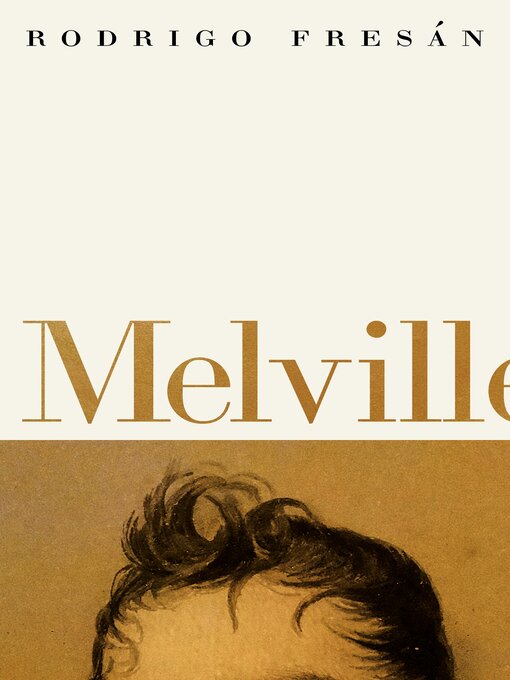Winner of the 2018 Best Translated Book Award
A dying father in the grip of fever and delirium recounts his youth, his Grand Tour, the Venetian palaces populated by fascinating and evil figures, his ruin, and his most beautiful journey—the crossing on foot of the frozen Hudson River. His son, still a child, sits at the foot of the bed, attentively collecting these final, hallucinated words.
Could the work of Herman Melville—masterful author, misunderstood, far too ahead of his time, and considered crazy and dangerous by some critics—have as its source this ultimate paternal legacy?
Questioning the intricacies of fiction, which constantly oscillatates between reality and imagination, Rodrigo Fresán's approaches the enigma of the literary vocation in a new light. An invented biography, a gothic novel populated by ghosts, and an evocation of a filial love, Melvill contains all the talent, humor, and immense culture found in the other great works from one of Spanish literature's most ambitious writers. .


